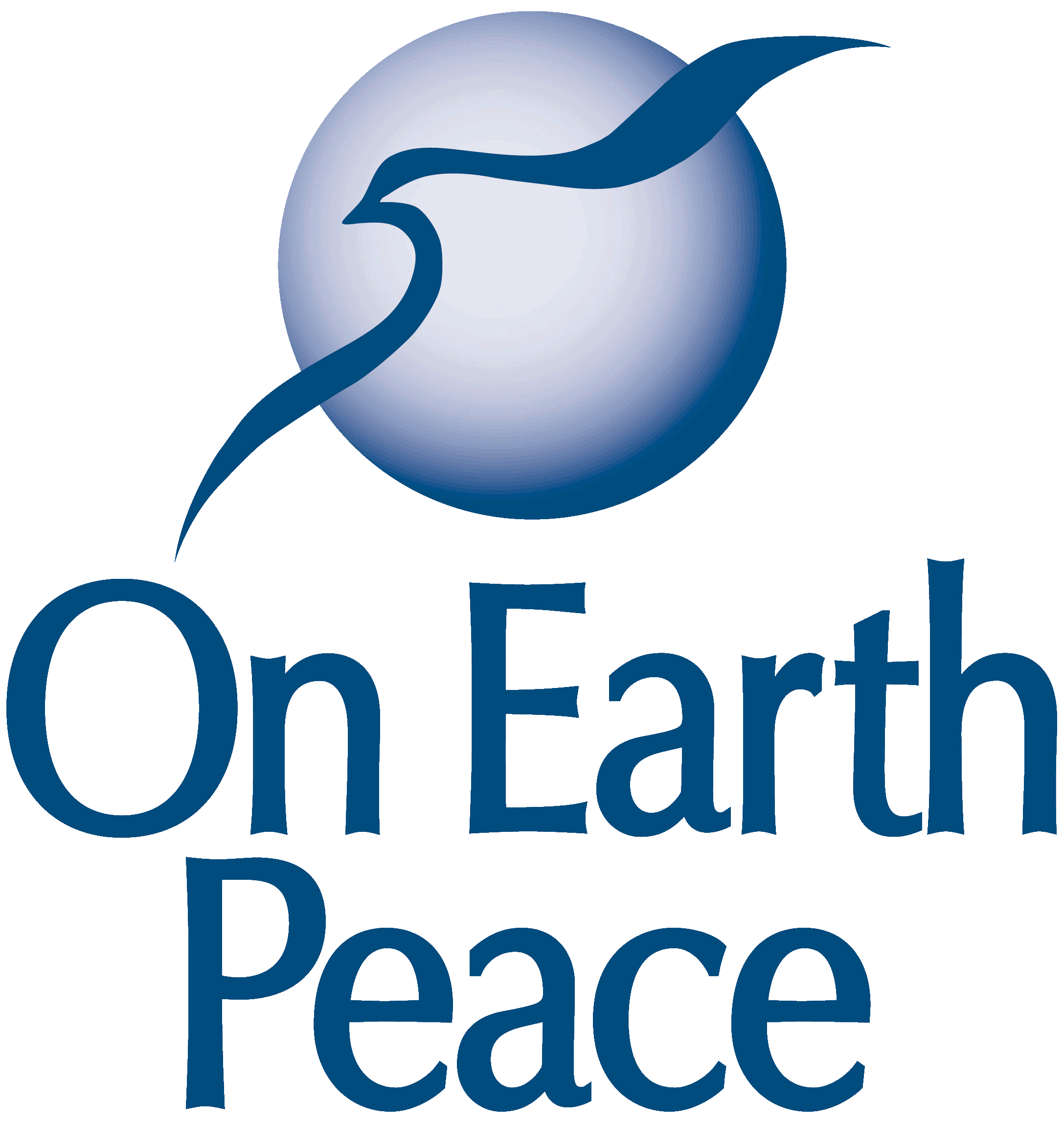
Written by Sherrilynn Bevel, PhD
In the context of nonviolence, what does it mean to offer one’s self? To willingly relinquish privacy; personal security; to risk injury or arrest? In some circumstances, to risk death?
Nonviolence is a rejection of the idea that violence and murder can resolve social problems. Violence is a means of trying to bend people to your will, but it does a poor job of creating real peace and a reconciled community. At best, violence aims for the submission of the opponent. Agape means advocating for the health, interests, rights, and needs of everyone, without exception to the rule. We can abandon agapic love, but this merely escalates exploitation, hatred, murder, intimidation, etc.
Dr. King wrote, “I realized that there were two ways that I could respond to my situation: either to react with bitterness or seek to transform the suffering into a creative force. I decided to follow the latter course.” King chose the path of healing and educating all of the people, instead of plotting the demise of some.
The point here is not martyrdom. Practitioners of principled Nonviolence realize its tremendous educational and transforming possibilities. Gandhi said, “Things of fundamental importance to people are not secured by reason alone, but have to be purchased with their suffering...” Consider episodes where the voluntary suffering of the righteous has awakened the rest of us from our complacency. Jesus. Mrs. Hamer. Socrates. Oscar Romero. Canonchet. Rachel Corrie. James, Andrew, and Michael.
The goal is vigorous opposition to injustice that does not seek harm or retaliation but focuses attention on problems and solutions. If violent means are chosen, suffering and loss of life will follow and are indeed the point. As Kazu Haga points out, choosing violent means to attack your opponent far from protects your side from sustaining casualties.
A committed practice of unconditional love for all involved produces qualitatively different results than an instrumental, tactical approach. Anyone can sense through language, energy, proposals, etc., whether or not the interests of all are being advanced, as opposed to the interests of some. Nonviolence requires developing an army of people who can creatively and effectively articulate the parameters and profundity of the problem, and share a vision of a way forward that includes everyone’s best interests. This approach is rooted in genuine love for the opponent. Unconditional love maintains faith in the ultimate ability of ‘the other’ to rise above ignorance and the low condition of valuing one's privileges and preferences over the health, human rights, and genuine needs of others.
We all must reckon with the reality that we become what we practice. The forms of democratic governance that we have developed are institutionalized Nonviolence. We teach democracy and justice by the acts that we perform. David Jehnsen, who worked with Dr. King says, “I cannot control the endpoint, but I can control my values, way of being, way of working.” Gandhi said, “The ends exist in the means.” Appealing to the conscience of one’s neighbors creates fundamental changes in the community. The Nonviolent practitioner believes in and invests in the potential growth and development of the neighbor, as well as the self.
You can find the entire 2020 Fall Newsletter here.

